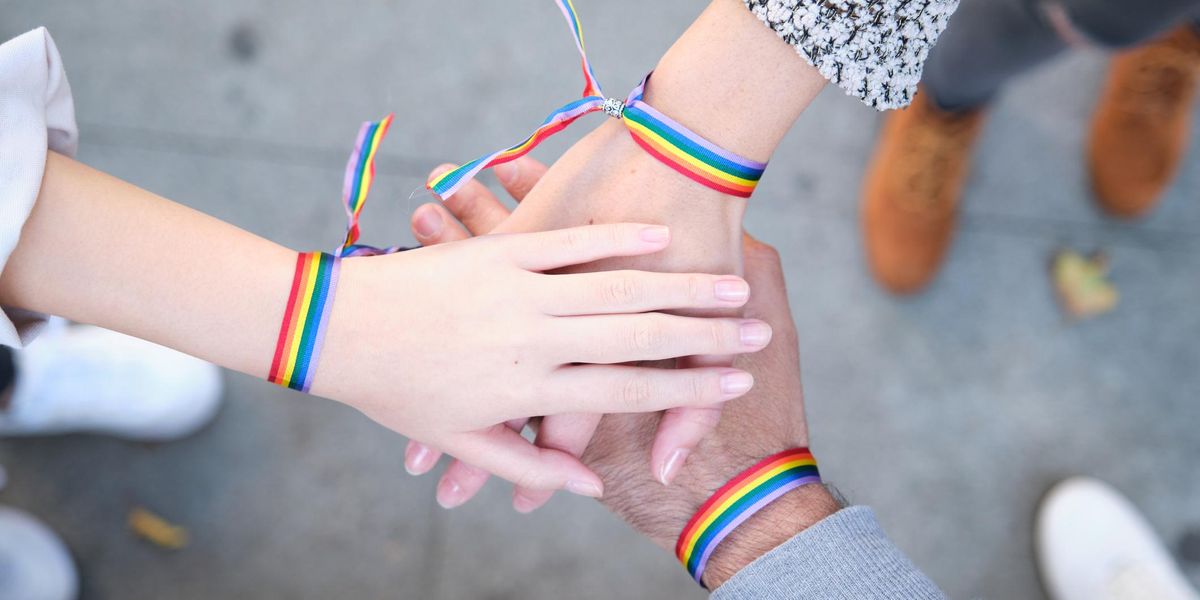
Slippery slope: New York City judge argues the 'time has arrived' to legally recognize polyamory relationships
A recent decision in New York City's eviction court has come down squarely in favor of recognizing legal rights for polyamorous relationships. Trial court Judge Karen May Bacdayan concluded in the case of West 49th St., LLC v. O’Neill that polyamorous relationships are entitled to the same...
 www.theblaze.com
www.theblaze.com
Full title: Slippery slope: New York City judge argues the 'time has arrived' to legally recognize polyamory relationships
...
Bacdayan suggested that the plurality in Braschi only extended legal protections to same-sex couples with "normal familial characteristics" to avoid going "too far." But she questioned why the law should not go further.
“Why then," the judged asked, "except for the very real possibility of implicit majoritarian animus, is the limitation of two persons inserted into the definition of a family-like relationship for the purposes of receiving the same protections from eviction accorded to legally formalized or blood relationships?" Is ‘two’ a ‘code word’ for monogamy? Why does a person have to be committed to one other person in only certain prescribed ways in order to enjoy stability in housing after the departure of a loved one?”
She went on to say that "the Braschi court's referral to 'normal familial activities' reveals an intent to limit the application of noneviction protections to someone who can demonstrate a traditional marriage but for their sexual orientation." Though in 1989 the Braschi decision was called "a radical leap," Bacdayan ruled that ultimately it was "rooted in traditional ideology."
"However, what was 'normal' or 'nontraditional' in 1989 is not a barometer for what is normal or nontraditional now," Bacdayan wrote. "Indeed, the definition of 'family' has morphed considerably since 1989."
Citing the decriminalization of polygamy in Utah, the recognition of polyamorous domestic partners by Sommerville and Cambridge, Massachusetts, and laws that acknowledge a child can have more than two legal parents, Bacdayan said the "broadening recognition" of polyamorous relationships" "begs the question" of why a man who claims to have been involved in a same-sex throuple should not qualify for the legal protections of New York City's rent control laws "under a more inclusive interpretation of a family."
"In sum, the problem with Braschi and Obergefell is that they recognize only two-person relationships," the judge wrote. "Those decisions, while revolutionary, still adhered to the majoritarian, societal view that only two people can have a family-like relationship; that only people who are 'committed' in a way defined by certain traditional factors qualify for protection from 'one of the harshest decrees known to the law—eviction from one's home.'"
"Those decisions," she added, "open the door for consideration of other relational constructs; and, perhaps, the time has arrived."

